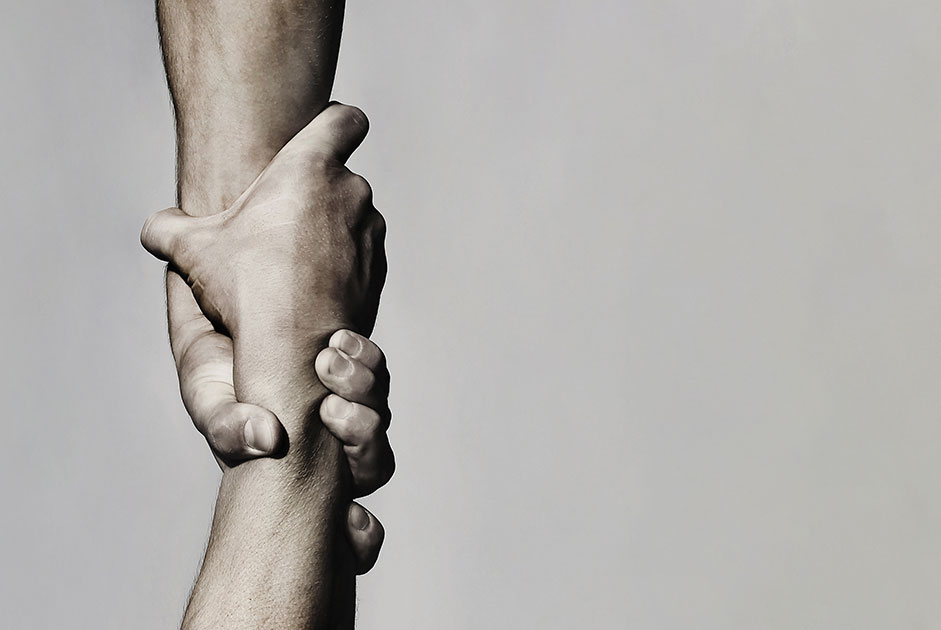True Confessions
You know that annoying driver behind you? The one who follows too closely and looks annoyed when you glance in the rearview mirror as if to ask “What the heck…?” Well, I have a confession: that driver could be me. Not always, and not usually, but tailgating is one of my very bad occasional habits. I am not proud of this. It falls into the “If you know better then do better” category of admonishments.
Of course, my tailgating isn’t a random, disconnected thing. It is a manifestation of my chronic impatience. Rewind the video and it’s my mom’s admonishment that I hear: “Spomaľte, Jeannie. Spomaľte.” It means “slow down” in Slovak and is pronounced Po-mah-lee, or something close to that. My mom’s gentle nudge, spoken in fragments of a language we used between us, was nothing short of an act of kindness. She understood that my impatience wasn’t serving me. But instead of lecturing, she spoke gently and without judgment, letting the mere drift of that word settle in my consciousness. It is easy for me to see that my road-rudeness is all about my stuff. I continue to catch myself and to course correct when it shows up because my behavior is rude, dangerous, and admittedly unkind.
The Rewards of Kindness
Both the giver and the receiver reap the rewards of kindness because true kindness comes without strings. Mindfulness writer Mary Ann Christie Burnside explains, “In any given moment, the kindness you offer to yourself or to others affects what happens in the very next moment… Kindness—which reduces stress, anxiety and depression—can literally put us, and others, at ease.” Most of us have experienced exactly what Burnside describes. Kindness research further supports this experience. “Thinking about, observing or practicing a kind act stimulates that vagus nerve, which literally warms up the heart and may be closely connected to the brain’s receptor networks for oxytocin, the soothing hormone involved in maternal bonding. Kindness also triggers the reward system in our brain’s emotion regulation center releasing dopamine, the hormone that’s associated with positive emotions and the sensation of a natural high.”
Learn to be Kinder
Whether it’s putting the brakes on a bad habit like tailgating or replacing other habitual responses that are rooted in emotions like anger or frustration, anyone can train their brain to practice kindness. Here’s how:
Be kind to yourself. Start by being committed to self -care – your nutrition, exercise, and sleep. Monitor your self- talk and redirect when judgment and negativity show up. Start to treat yourself as well as you treat those you love and care most about.
Manage your responses. You know that text you kicked yourself for sending? Or those cutting words you directed at your sister? You can’t take them back. When you are inclined to react in a way that you know isn’t kind and will later regret, take a step back. Give yourself some space to consider how to respond instead of simply reacting.
Train your brain. Yoga and meditation instructors often encourage us to choose a word or phrase we want to embody in the moment or in life in general. It will come as no surprise that the phrase I often claim is “I am calm.” Whether I am behind the wheel or attempting to fall into a deep sleep, I reach for those three simple words to train my brain toward calmness. And guess what?
The kindness follows.



















